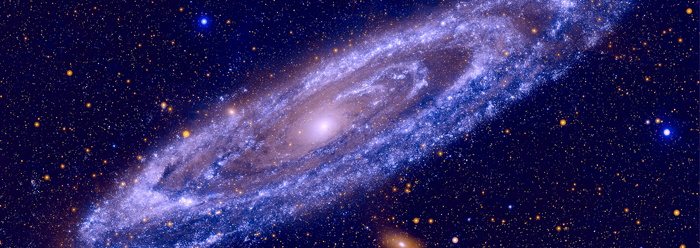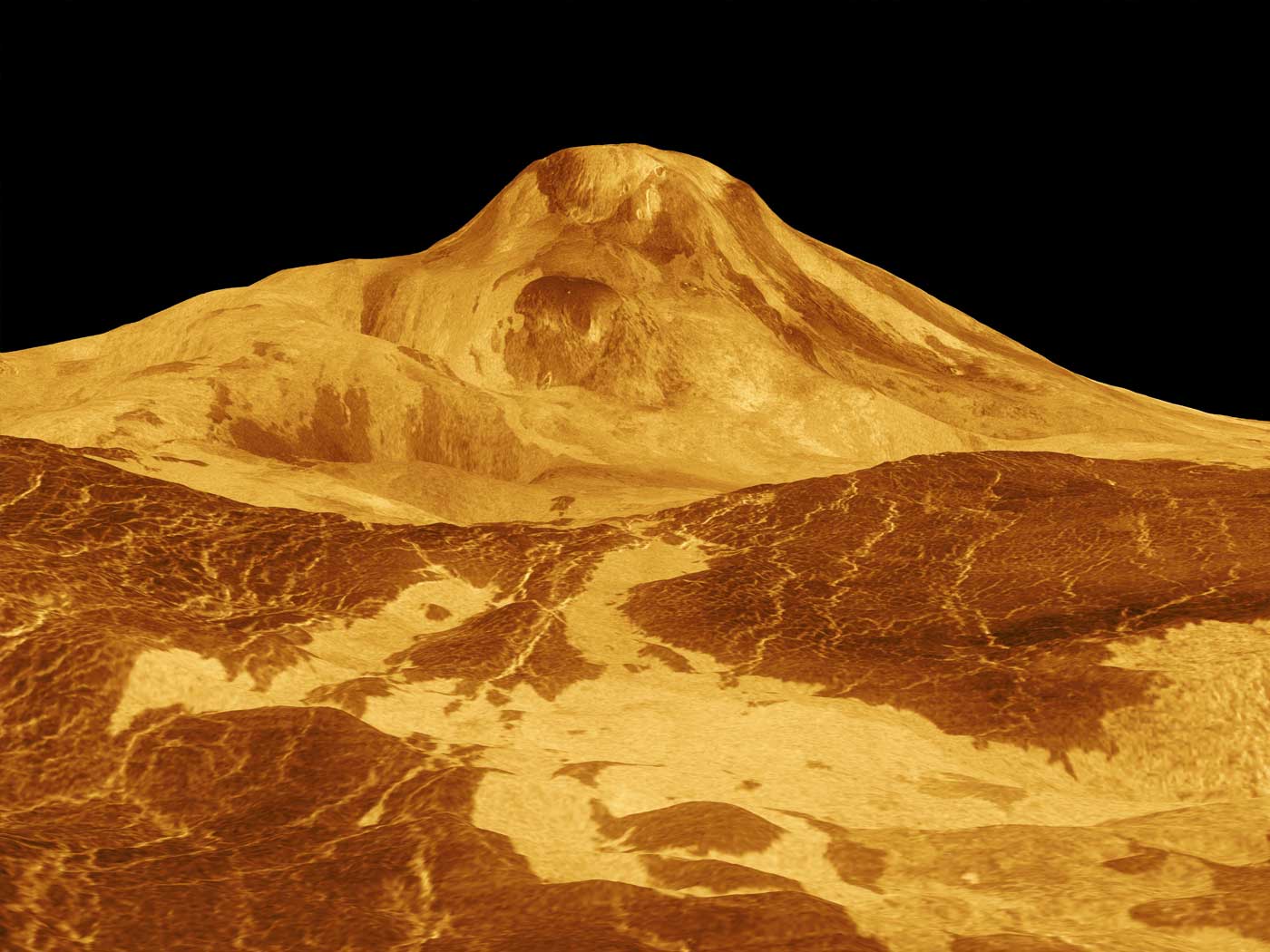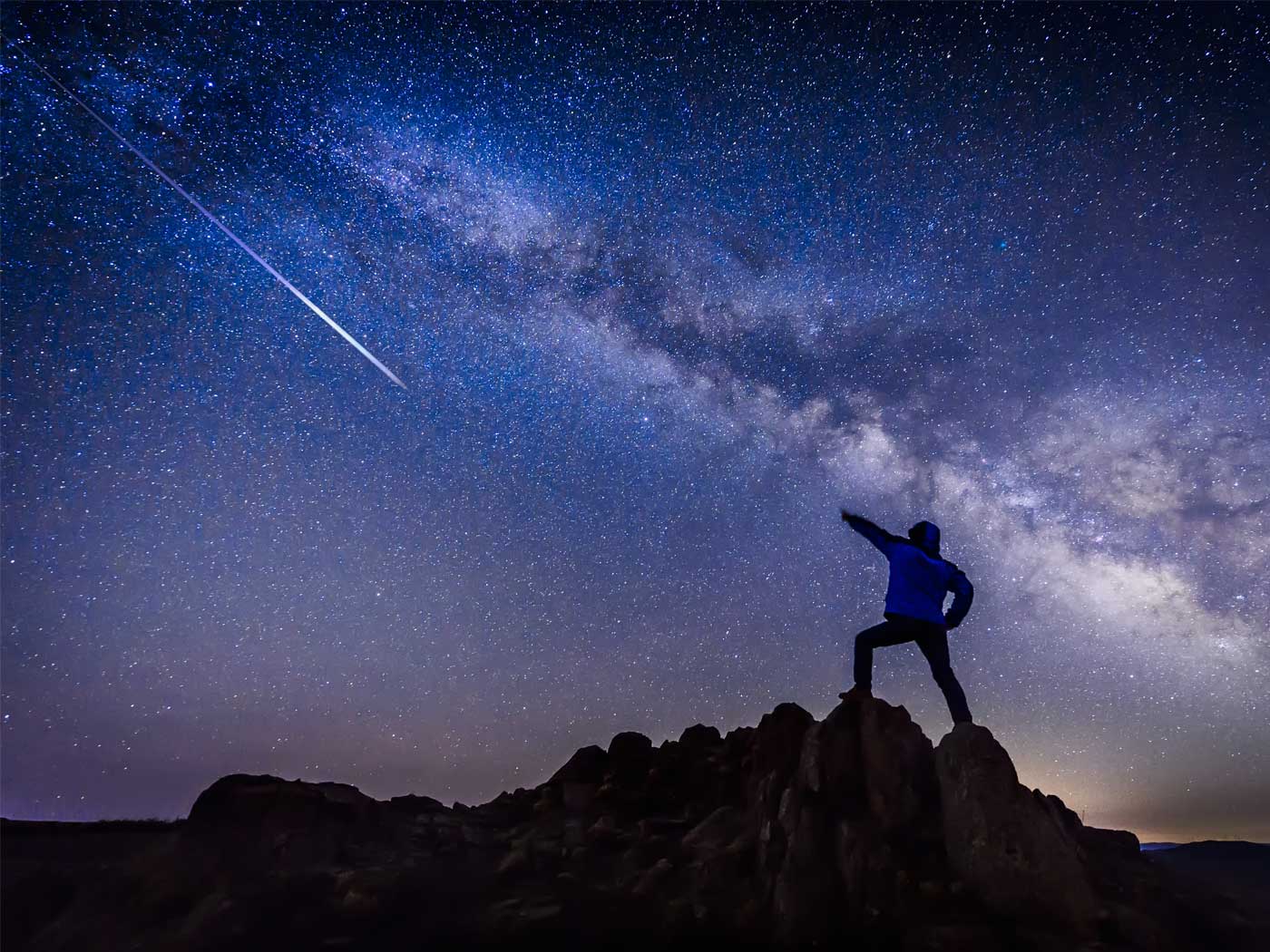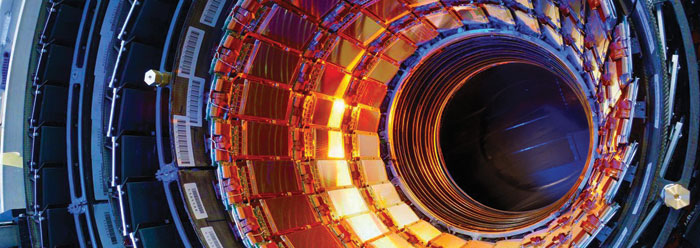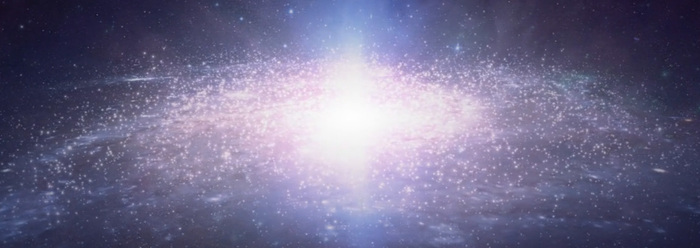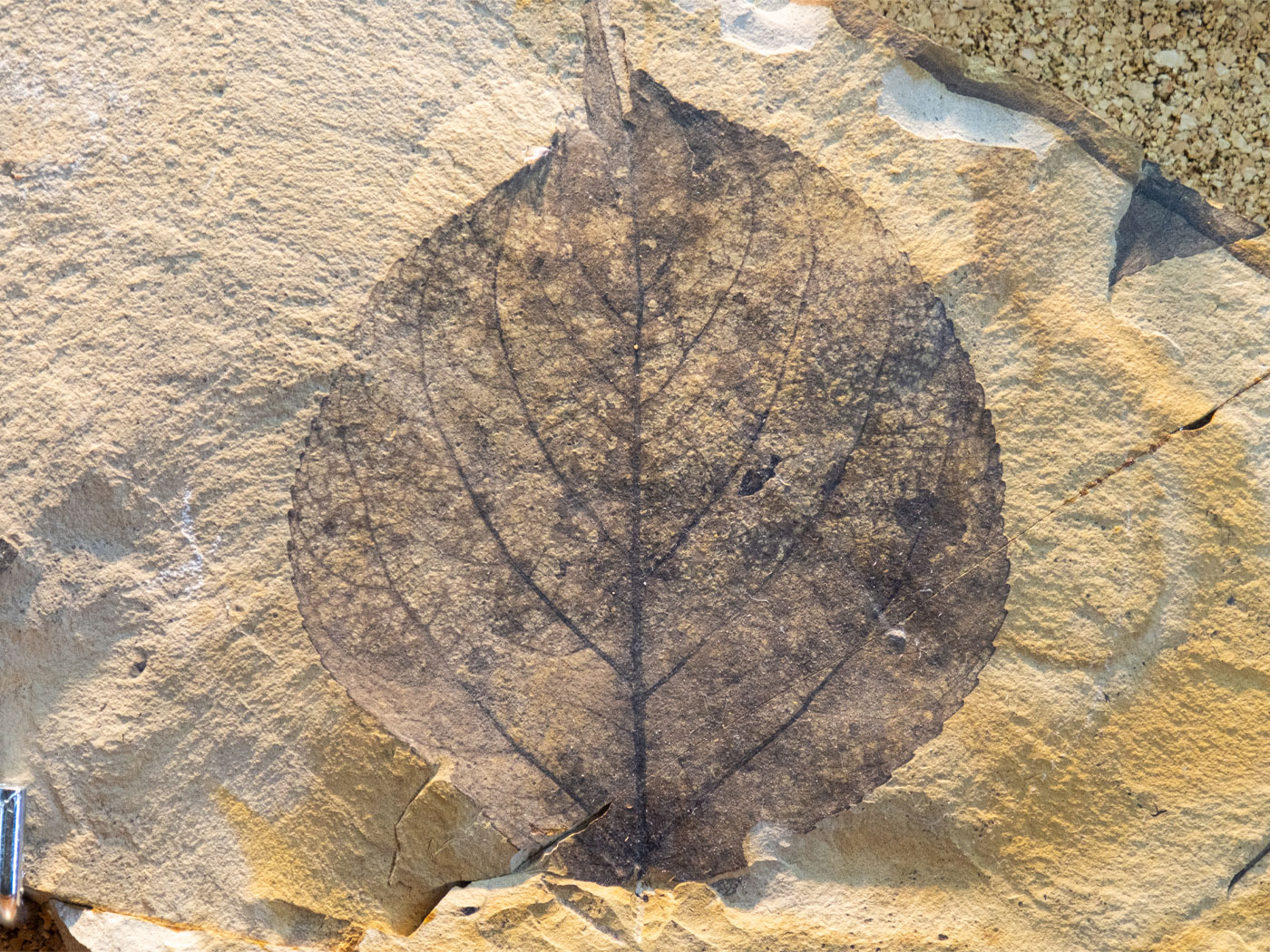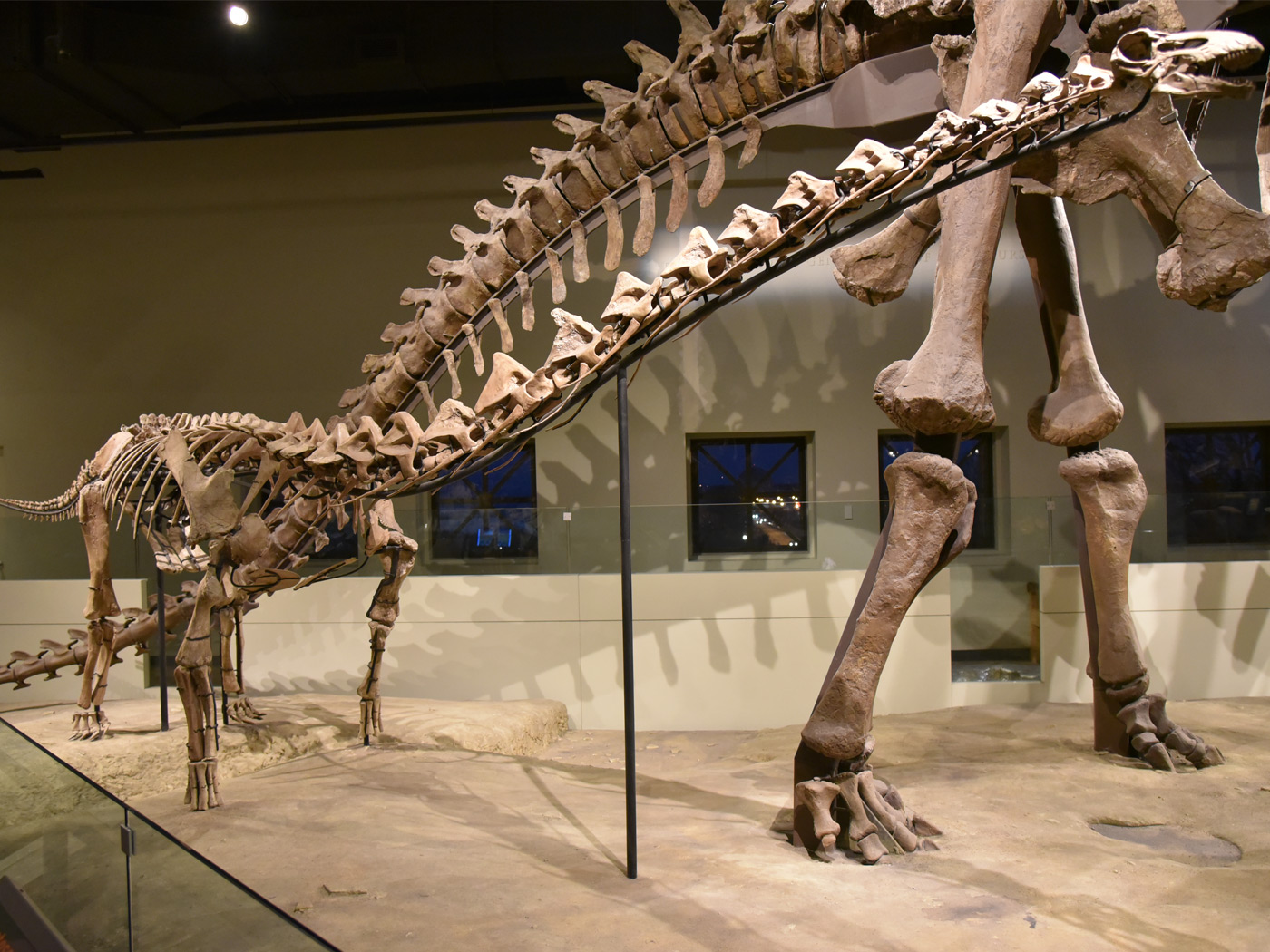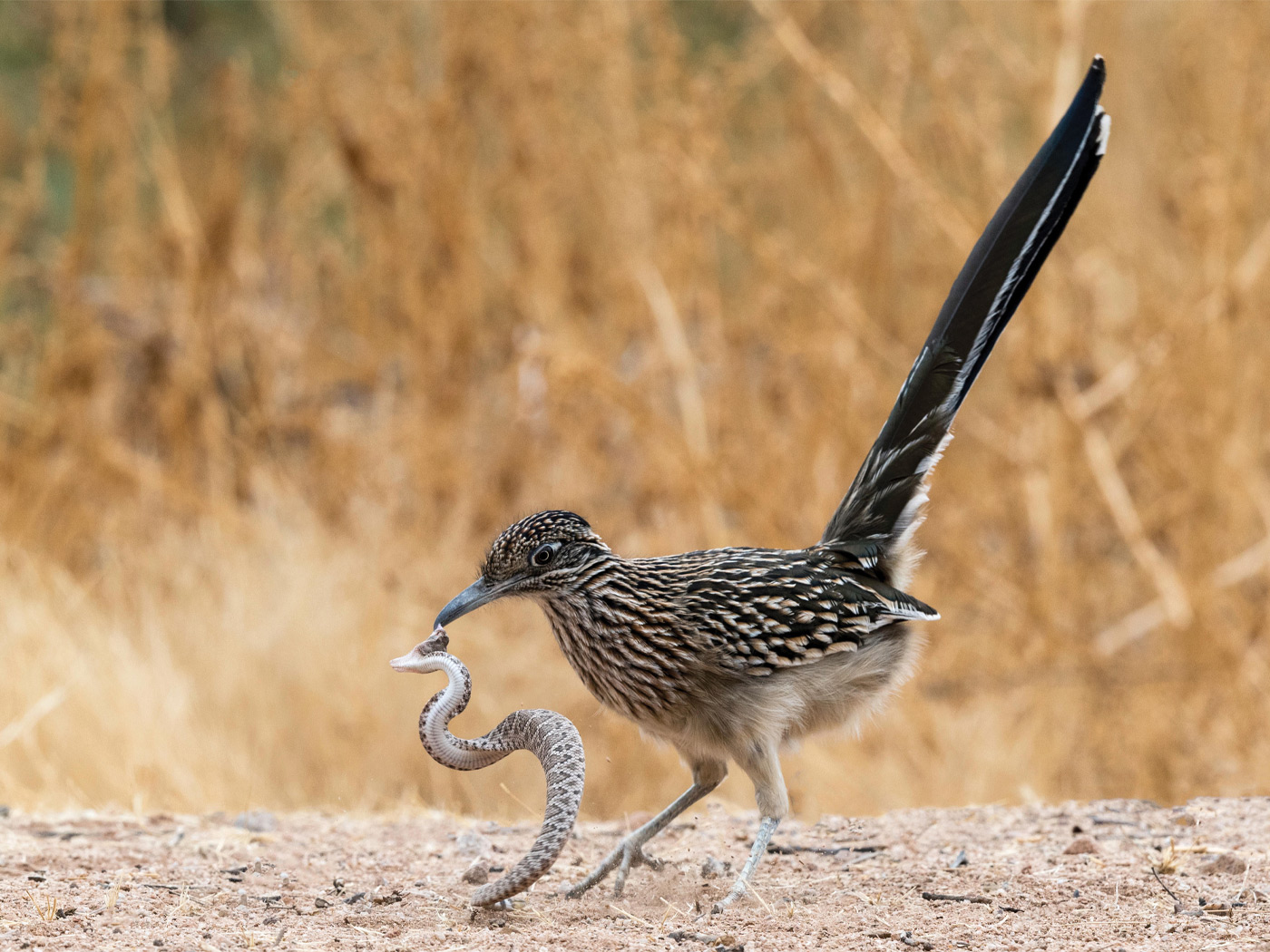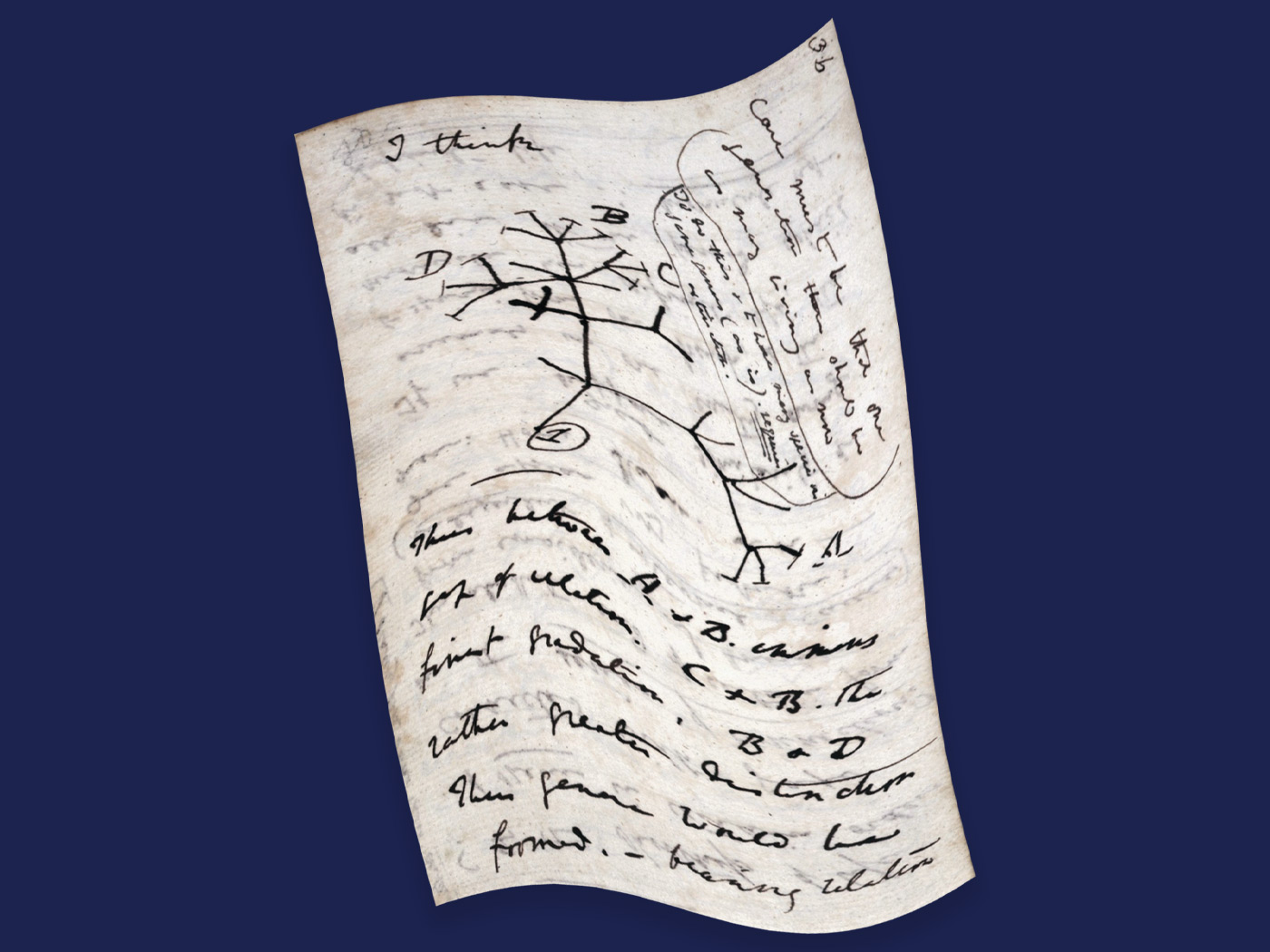Does science support the Big Bang? Should Christians trust scientific headlines? ICR physicist Dr. Jake Hebert provides answers to common questions about origins, the Big Bang, and the scientific method. From the ocean floor to the physics of outer space, join Dr. Hebert in examining the science, logic, and historical data that indicate a young universe fashioned by the all-powerful Creator God.
1) Manganese Nodules and the Age of the Ocean
Many secular scientists extrapolate current seafloor sediment deposit rates. They then publish Earth age assignments of millions of years. Are they following the scientific method? How do manganese nodules present problems for old-Earth proponents? Does evidence line up with recent creation and the global Genesis Flood?
2) Does the “God Particle” Prove the Big Bang?
Is the “God particle” truly “a blow to the Christian faith,” or “a nail in the coffin of religion”? Where does reality end and hype begin? Dr. Hebert exposes the flaws of the Big Bang theory and offers a logical evaluation of the scientific community.
According to the Big Bang origins model, our universe is said to be 13.8 billion years old. But a straightforward reading of the Bible—including historical information and the testimony of the Lord Jesus—confirms a young universe closer to 6,000 years old. How can Christians answer Big Bang claims? Dr. Hebert provides scientific and biblical reasons for a young universe.
Secular cosmologists claim that the universe originated in an explosion 13.8 billion years ago. Some Christians believe this Big Bang is the means God used to create the universe. Is there evidence to support this? How should laypeople respond to the 3 main arguments for the Big Bang? Why should Christians reject the Big Bang?
We are constantly bombarded with fantastic claims about the past that are touted as scientific. The scientific method—a way to study the natural world—will help us better analyze these claims. Why should everyone know the scientific method? What role does the method play in studying historical events or unobserved speculations?
For more radio programs, click here.




